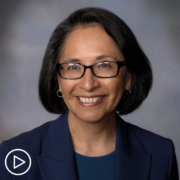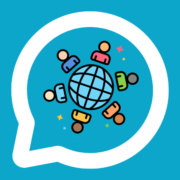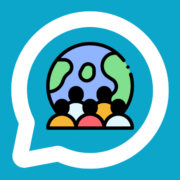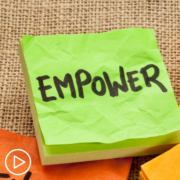Dr. Heather Wakelee: Why Is It Important for You to Empower Lung Cancer Patients?
Dr. Heather Wakelee: Why Is It Important for You to Empower Lung Cancer Patients? from Patient Empowerment Network on Vimeo.
How can healthcare providers continue improving patient-provider communication? Expert Dr. Heather Wakelee shares methods she has used to help empower her patients and to improve communication with her patients.
See More from Empowering Providers to Empower Patients (EPEP)
Related Resources:

|

|

Dr. Ana Maria Lopez Why Is It Important for You to Empower Patients |
Transcript:
Dr. Heather Wakelee:
So, to me empowering patients is about having a two-way communication with patients at all times, and never coming in and telling them that we’re doing something and walking out of the room, but coming in and asking, first, how they’re doing, questions they have, and then going through, these are the things I’m thinking, and why I’m thinking about them and what I’m suggesting. And then turning it back to them so that they can respond and ask additional questions.
So that to me, it’s that two-way communication is how I empower patients, and it’s absolutely critical, because if you have someone on a cancer journey and they don’t know where they are, why they’re there, or where they’re going, then they’re feeling lost, and it’s really important for people to understand the journey as they’re going on it, at least the parts that we can’t understand, there’s plenty that you can’t, it’s still a scary journey, but what we can do as care providers is to give patients the power of understanding and that free communication, that’s how I look at it.








